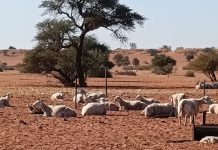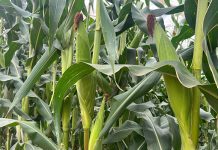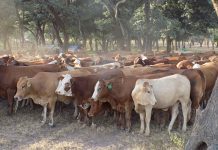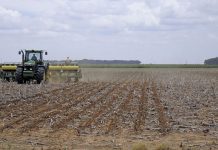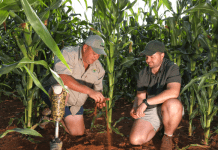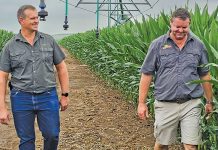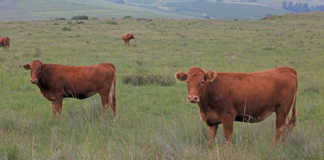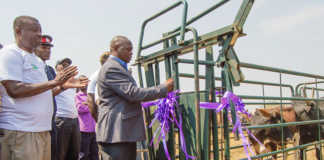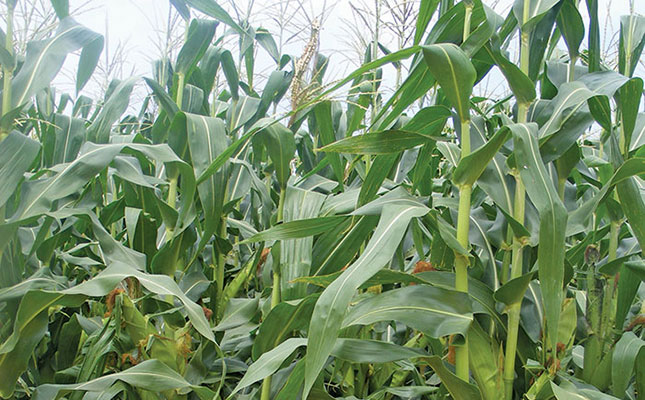
Reducing tariffs and, more importantly, addressing non-tariff bottlenecks will support further regional trade integration on the African continent, according to a report recently released by the International Monetary Fund (IMF).
In 2018, member countries of the African Union entered into an agreement to boost regional trade and economic integration by establishing the African Continental Free Trade Area (AfCFTA).
The agreement aimed to eliminate tariffs on most goods, liberalise trade of key services, address non-tariff obstacles to intra-regional trade, and eventually create a continental single market with free movement of labour and capital.
The report said tariff reductions should be complemented with policies to reduce non-tariff bottlenecks to trade.
“Such policies should take centre stage in the effort to foster regional trade integration in Africa. Addressing poor infrastructure and trade logistics, including customs services and clearance procedures would provide much-needed support for intra-regional trade growth,” the report said.
AfCFTA was ratified by 22 countries and was likely to take effect by July. Once operational, AfCFTA will establish a market of 1,2 billion people with a combined GDP of R36 trillion, according to Wandile Sihlobo, head of economic and agribusiness intelligence at Agbiz.
Heinrich Krogman, economic analyst on international trade at Tutwa Consulting, told Farmer’s Weekly that all member states should lower tariffs, but without compliance to the agreements there will be no moving forward.
To create accountability member states needed to develop institutions to monitor and strengthen policies.
He said AfCFTA could be used in conjunction with existing regional trade agreements and in line with regional economic communities’ strategic objectives to increase intra Africa trade and industrialise the continent.

